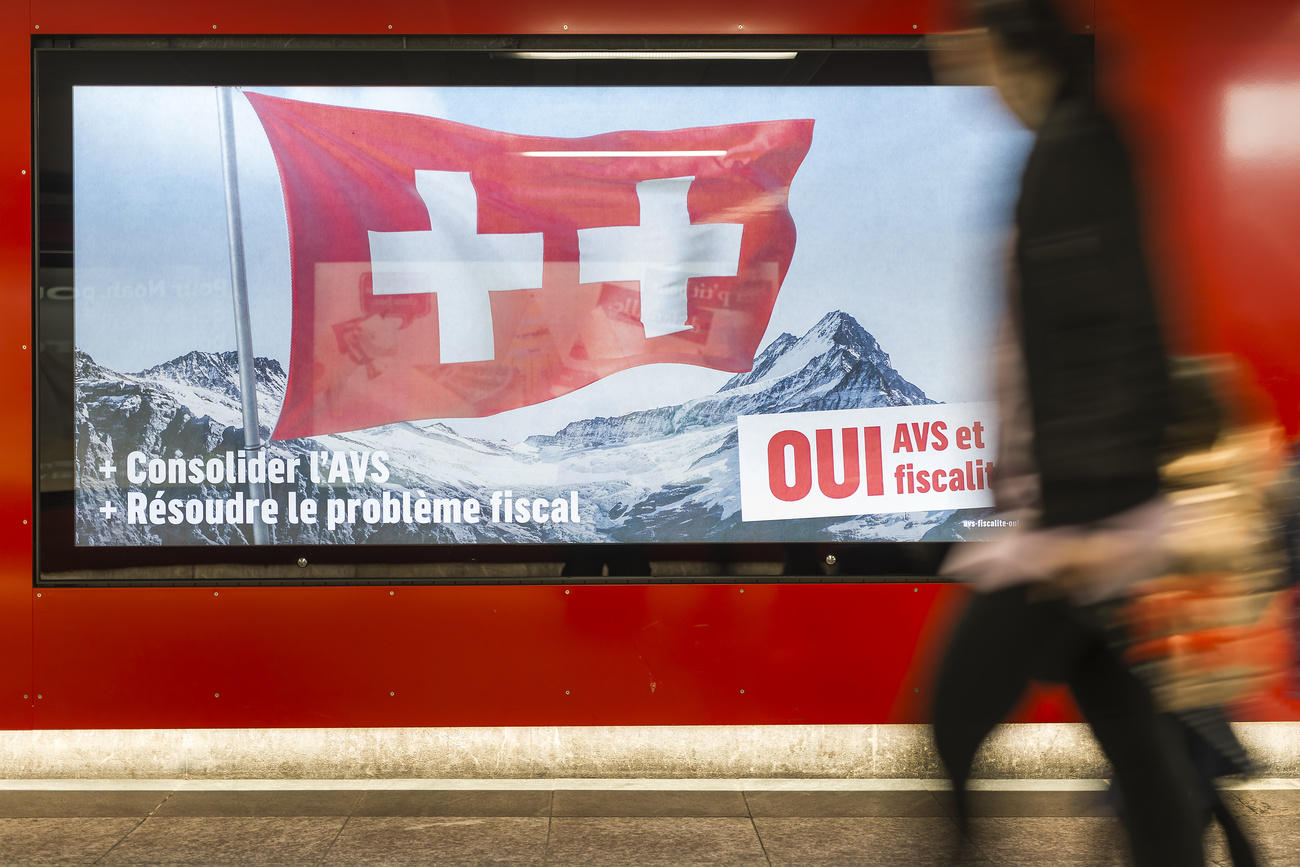
Basel City rated most attractive canton for business

Canton Basel City has overtaken Zug to become the most attractive Swiss location for business, according to a study published on Thursday by Credit Suisse.
The two cantons rank well ahead of Zurich. Geneva climbed ten places into fourth position of the 2019 Credit Suisse Locational Quality IndicatorExternal link.
The most unattractive business locations, according to the study, are cantons Jura, Valais and Graubünden.
Canton Zug has been the undisputed leader ever since the cantonal ranking began in 1997. But this year Basel City jumped three places to overtake Zug after Basel City significantly reduced its corporate tax rate to 13.04%, Credit Suisse said. The northern canton, which borders France and Germany, was also helped by the availability of highly qualified people and good transport connections.
In May, voters agreed to revamp Switzerland’s corporate tax system. Many cantons have reduced their headline tax rates to make up for having to ditch special perks for multinational companies that locate offices and subsidiaries in Switzerland. The privileged tax regimes that apply to these companies will be abolished in 2020. A few cantons such as Vaud and Basel City have already significantly reduced their tax rates with effect from the start of 2019.
Return to the top?
Credit Suisse economists noted that the urban centres of Zurich, Zug, Basel, Baden, Lucerne and Bern, and their wider agglomerations, were the most attractive regions for companies, especially due to their transport accessibility.
Looking ahead to 2025, Credit Suisse economists believe that Zug – with its planned corporate profit tax reduction to around 12% – will probably return to the top of the ranking, followed by Basel City and Zurich.
The economists studied data from 110 economic regions in Switzerland, analysing the tax burden on private individuals and on legal entities, special tax systems, such as lump sum taxation, the availability of specialist labour and other highly qualified staff, and other population and transport information.

More
Switzerland votes ‘yes’ to overhaul corporate tax rules

In compliance with the JTI standards
More: SWI swissinfo.ch certified by the Journalism Trust Initiative






























You can find an overview of ongoing debates with our journalists here . Please join us!
If you want to start a conversation about a topic raised in this article or want to report factual errors, email us at english@swissinfo.ch.